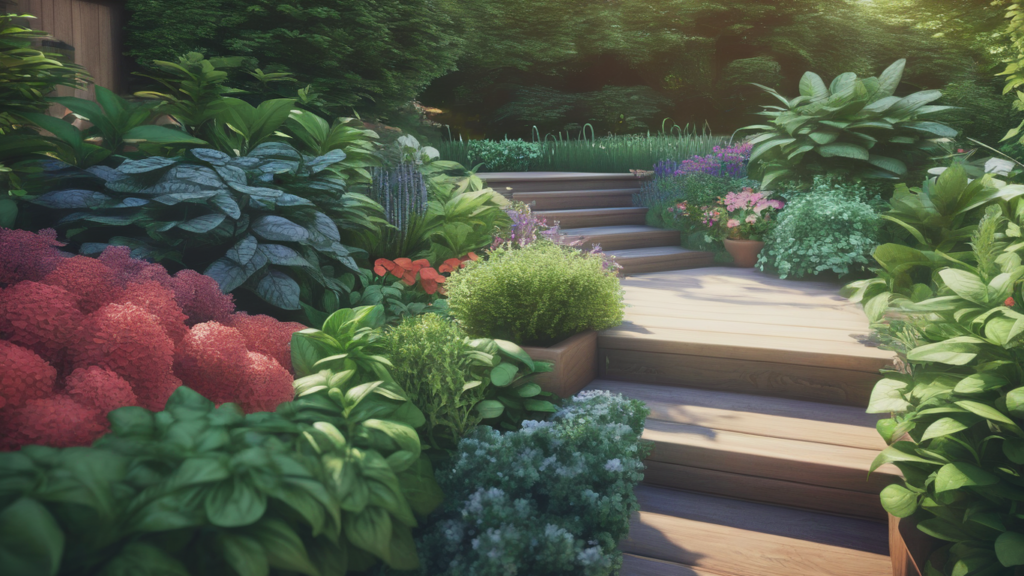
Growing your own herbs is a fulfilling and rewarding experience that not only adds flavor to your dishes, but also adds a touch of greenery to your home. Whether you have a large backyard or a small apartment balcony, creating your own herb garden is easier than you may think. However, to ensure a successful and thriving herb garden, there are some tips and tricks you should keep in mind.
- Choose the right location: Herbs need plenty of sunlight, so it is important to choose a location that receives at least 6 hours of direct sunlight per day. If you are growing your herbs indoors, make sure to place them near a sunny window.
- Use the right soil: Herbs prefer well-draining soil that is rich in nutrients. If you are planting in containers, make sure to use potting mix specifically designed for herbs. If you are planting in the ground, mix some compost or organic matter into the soil to provide your herbs with the necessary nutrients.
- Start with healthy plants: While growing herbs from seeds can be a fun and rewarding experience, it can also be challenging for beginners. It is recommended to start with healthy, established plants from your local nursery to ensure a successful start to your herb garden.
- Proper watering: Herbs need consistent moisture, but they don’t like to be overwatered. Make sure to water your herbs when the top inch of soil is dry. Avoid getting water on the leaves as this can increase the risk of fungal diseases. Water at the base of the plant to ensure the roots get enough moisture.
- Prune regularly: Pruning your herbs regularly not only encourages new growth, but it also helps to prevent your plants from becoming too woody and less flavorful. Use sharp pruners to snip off any dead or damaged leaves, and to encourage bushier growth.
- Use natural pest control: Herbs are generally low-maintenance and pest-resistant, but if you do encounter any pests, avoid using harsh chemicals. Instead, try using natural pest control methods such as companion planting, neem oil, or homemade insecticidal soap.
- Harvest correctly: When harvesting your herbs, make sure to only take what you need. It is important to leave at least one-third of the plant intact to ensure continuous growth. Harvest in the morning when the oils are most concentrated, and use sharp scissors or pruners to avoid damaging the plant.
- Rotate your herbs: To prevent soil depletion and disease, it is important to rotate your herbs each year. This means planting different herbs in different spots each season.
By following these tips and tricks, you can ensure a thriving and bountiful herb garden. Not only will you have fresh herbs at your fingertips for cooking and flavoring, but you will also have a beautiful and fragrant addition to your home. So go ahead and get your hands dirty, and enjoy the satisfaction of growing your own herbs.
Powered by Azon AutoSites
Tags: herb gardening